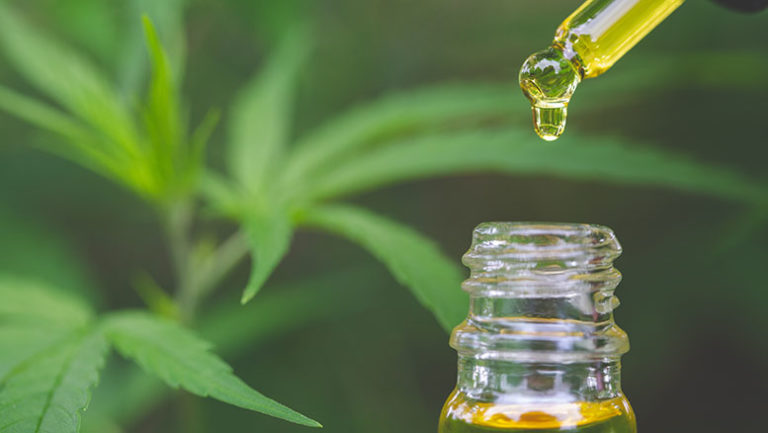Japan appears poised to issue highly restrictive THC limits for CBD products that would essentially wipe out a market for over-the-counter products estimated at more than $170 million (¥27 billion), according to recent discussions.
The Ministry of Health, Labour and Welfare said it intends to set the THC barrier at 0.001% for CBD oils and allow 1 milligram per kilogram in finished products. The limits would be even stricter for beverages and other products.
The most commonly observed proportion for THC in CBD globally is 0.3%, while per-package and per-serving limits vary.
Under the proposed rules Japan would allow 0.3% THC in agricultural non-cannabinoid products made from the plant’s seeds and stalks, essentially resulting in a two-track THC policy.
A public comment period on the draft regulations closes next week.
Prescription only
Japanese lawmakers passed reforms late last year that signaled the government’s intentions to limit medical cannabis to CBD only, and to require patients to have a doctor’s prescription – rattling the industry. While consumers who use over-the-counter CBD products for conditions ranging from cancer to chronic pain have started a petition to protest the proposed THC limits. (There is no scientific basis for CBD as an effective treatment for cancer, and even claims of pain relief have been questioned.). But it appears likely that effort will fail, and that the introduction of the regulations will kill off the market.
“If this goes through, I would say … 90% of the businesses will go out of business,” Toshiki Inoue of Chillaxy, a Tokyo-based CBD lifestyle brand, told TIME.
Another stakeholder told HempToday: “The private sector has been growing this market, then the authorities come and chop our heads off, taking the entire domestic CBD market and integrating it into the social welfare service, meaning that only doctors can provide CBD products.”
Limiting CBD in Japan to highly-regulated drugs could especially be a boon to Ireland-based Jazz Pharmaceuticals, which produces Epidiolex, a THC-free CBD product which is the only such product that has gained approval in key global markets. Epidiolex, which has shown promise in the treatment of severe forms of epilepsy, is approved in the United Kingdom and the U.S.
Sixfold growth
Japan’s CBD market has been estimated to have grown sixfold between 2019 and 2023, according to an April report from Euromonitor International, which projected even further growth through 2028. Euromonitor said the market grew from ¥4 billion ($26 million) in 2019 to ¥27 billion ($173.8 million) in 2023 as consumers sought out the products for relaxation, sleep improvement, and stress relief. CBD makes up 28% of the total cannabis market in Japan, with the remaining 78% made up of illicit marijuana sales, Euromonitor estimated.
Under existing Japanese rules, only products made from hemp seeds or stalks are legal, but that did not prevent the development of a brisk CBD retail market as enforcement agencies turned a blind eye to a robust gray market for the products. In most cases, producers and sellers have simply labeled their products as coming from hemp stalks when in fact they were made from flowers.
As many as 150 companies are believed to be involved in the CBD trade in Japan as importers or distributors of products sold online and in physical retail outlets, and Euromonitor estimates there are 588,000 regular CBD users.

